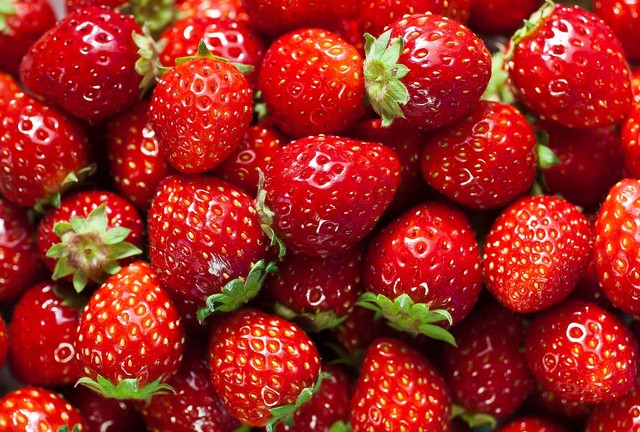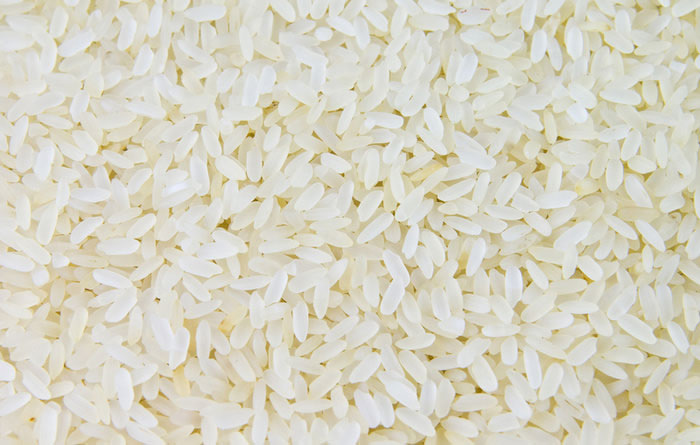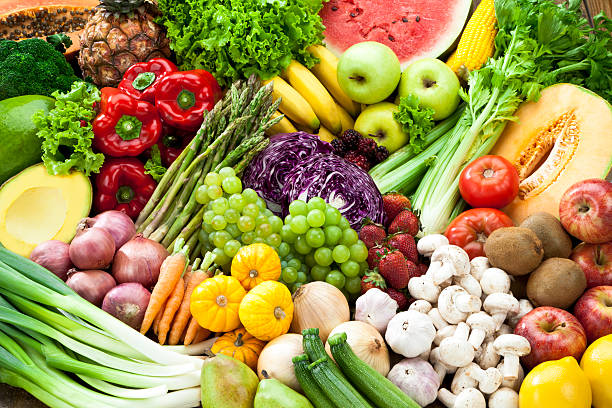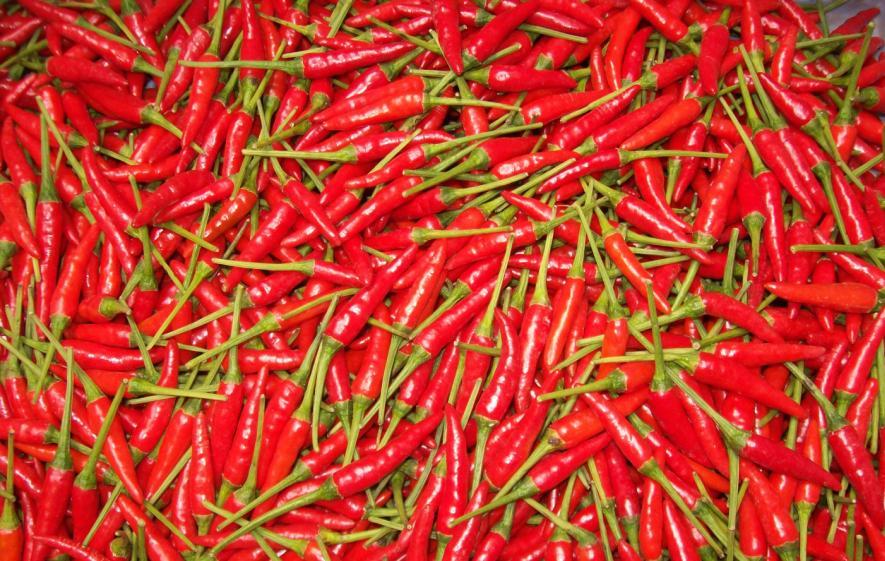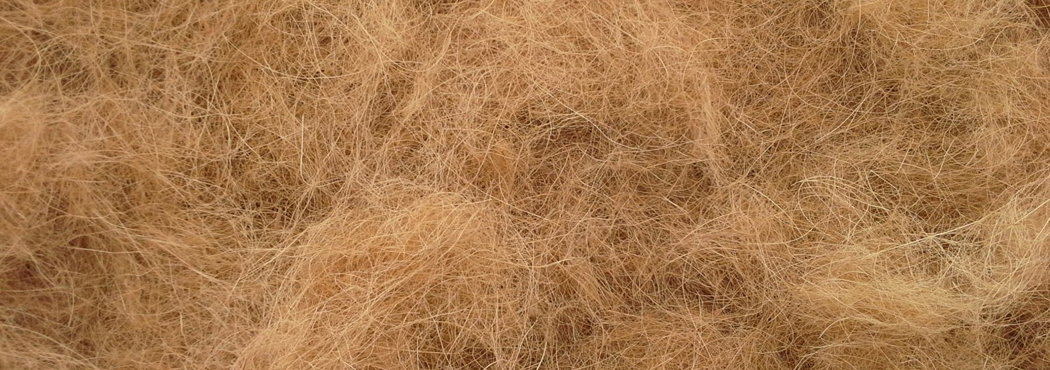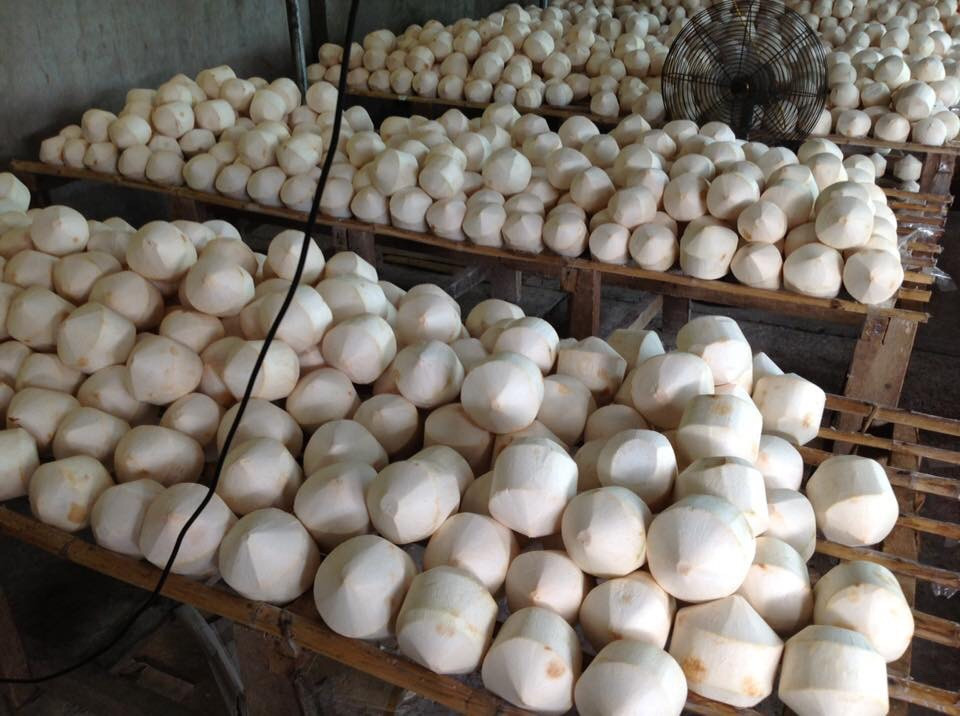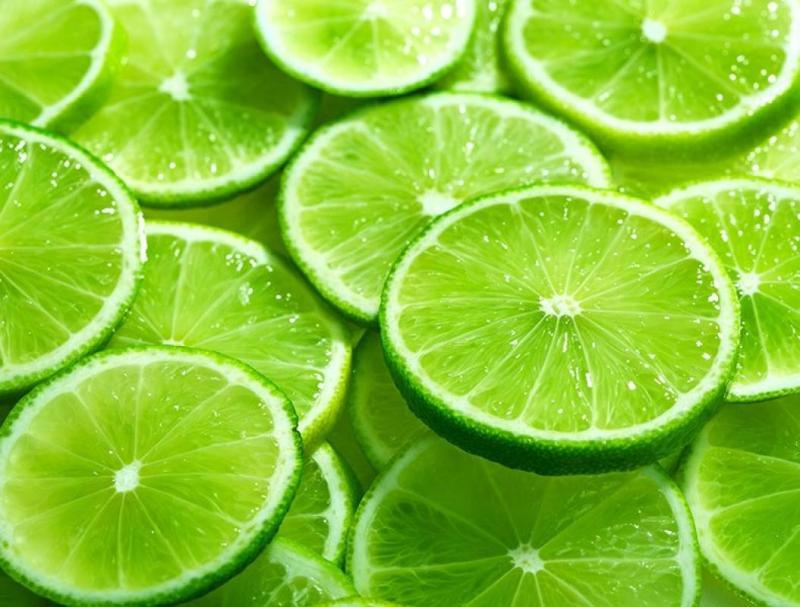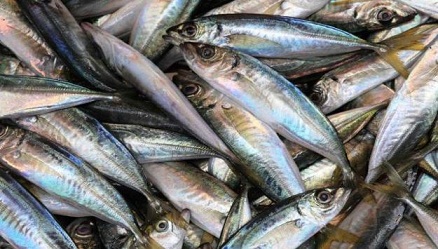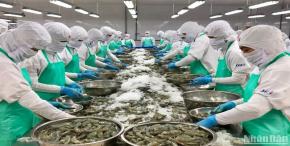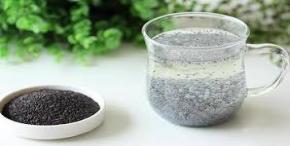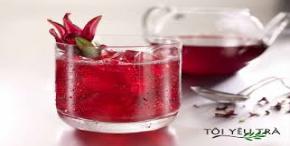News
Agricultural Products Draw Repeated Warnings from Importers
Update: 6/4/20150000.jpg)
A series of agricultural product shipments were returned or given warnings by importers because of quality, hygiene and safety violations. This year, Vietnam targets to export US$32 billion worth of agricultural products. This goal seems to be hard to achieve because the export revenue tends to decline from the first quarter.
Repetitive violations
Vietnam has many high-value exported agricultural products, but our simple production has given rise to difficulty in quality control. Recently, Saudi Arabia added some agricultural products to the import prohibition list because of food safety and hygiene violations.
The Embassy of Saudi Arabia in Hanoi recently announced its import authorities rejected Vietnamese-originated agricultural products from entering this nation because of food safety and hygiene violations in late 2014 and early 2015 and the number of violations was on the rise. Many products were contaminated with bacteria and chemicals, and improperly packaged. Saudi Arabia requested [Vietnamese] exporters of agricultural products and foodstuffs to Saudi Arabia to coordinate closely with their partners to tackle the problem and adhere to regulations on technical, hygiene and food safety standards imposed by Saudi Arabic authorities in order to avoid damage.
Last year, three batches of aromatic herbs to the EU were returned while 11 shipments of pangasius were found to be contaminated with nitrofurazone, a prohibited antibiotic. Most shipments belonged to big seafood exporters in the country, including An Binh Seafood Joint Stock Company, Go Dang Seafood Joint Stock Company, Mekong Seafood Joint Stock Company, and Hung Vuong Seafood Corporation.
In November 2014, South Korean importers notified that they will strengthen controls on the quality of pangasius imported from Vietnam because South Korean authorities found Nitrofuran and derivatives in pangasius imported from Vietnam. Up to 16 Vietnamese exporters were warned by Japan authorities for violating food safety, chemical residue and antibiotics regulations.
Authorities take action
Before this alarming situation, the Plant Protection Department established an inspection team to immediately check the quarantine of exported agricultural products. According to the department, this problem was caused by the irresponsibility of quarantine staff at border gates and technical staff at exporting companies. The Ministry of Agriculture and Rural Development is building quarantine fences to tightly manage quarantine activities applied to exported and imported agricultural products. Besides, the ministry is drafting a circular on EU export conditions for fruits and vegetables.
According to the ministry, the quality control of agricultural materials and food safety assurance are defined key tasks of the agricultural sector. Therefore, the ministry has taken many actions to improve the quality control of agricultural materials and food hygiene and safety.
Especially, the ministry will assess and classify manufacturers of agricultural materials in accordance with Circular 14/2011/TT-BNNPTNN, perform inter-sector inspections, including sudden ones, on potential commodities, grant certificates for qualified producers and traders of agricultural and aquatic products as per Circular 45/2014/TT-BNN dated December 3, 2014.
The ministry will also strengthen the capacity of quality, hygiene and food safety testing and inspection of agricultural, aquatic and salt products, tighten the management on inputs like seeds, fertilisers and specialised products, and upgrade laboratories and testing centres to meet requirements imposed by developed countries.

